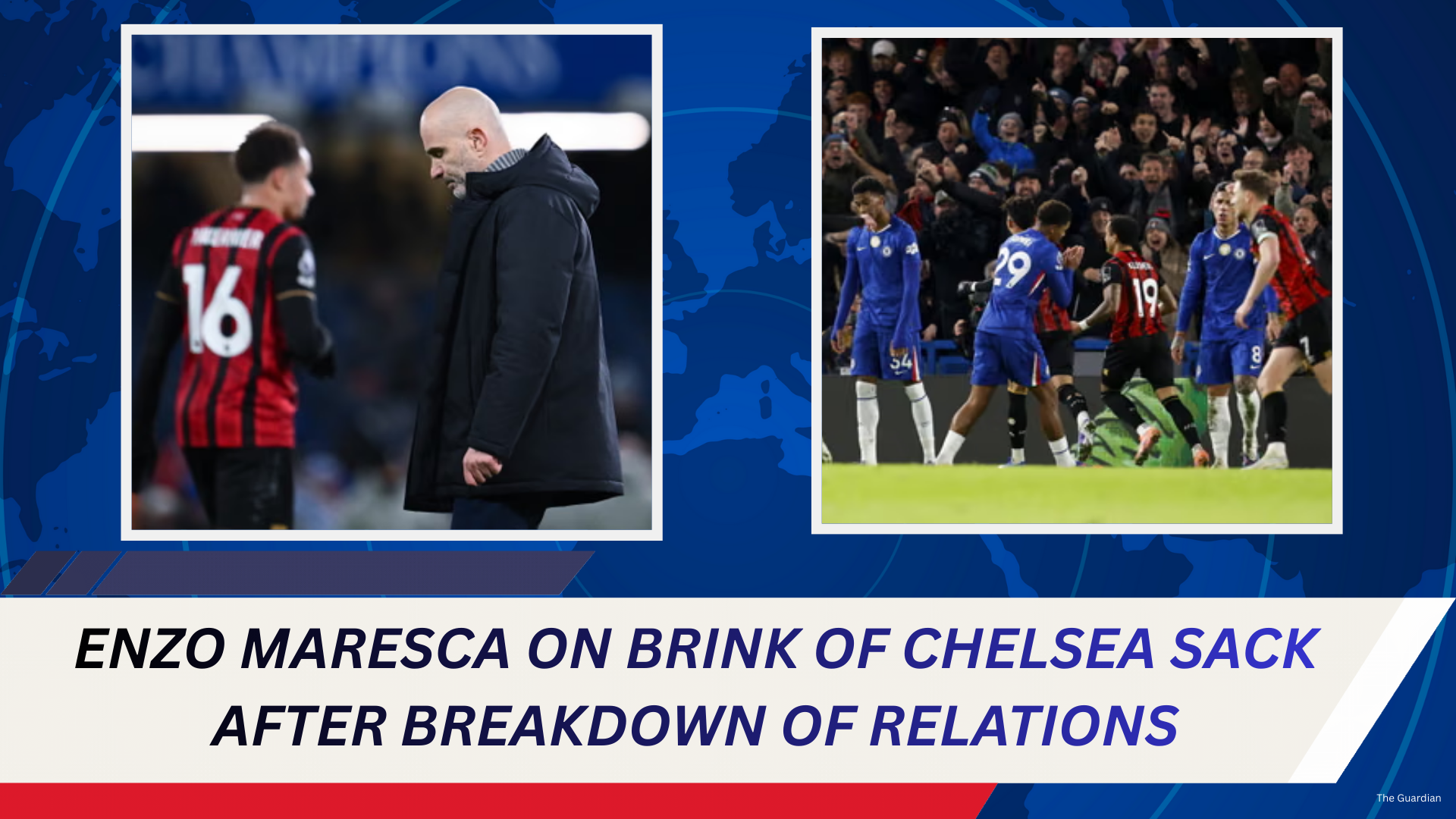The Colorado Rockies have officially parted ways with general manager Bill Schmidt, closing the chapter on a 26-year tenure that saw the franchise reach both thrilling highs and frustrating lows. Schmidt, who joined the Rockies in 1999, formally stepped down on Wednesday following a disastrous 2025 campaign that ended with a 43-119 record—the franchise’s worst season ever and one of the most historically poor showings in modern Major League Baseball.
This decision signals the beginning of what could be a long-awaited organizational shake-up for a team that has long been accused of complacency, internal insularity, and a lack of modernized baseball operations strategy.
A Career Rooted in Loyalty
Bill Schmidt has been a fixture in Denver since 1999, most notably serving as the Rockies’ vice president of scouting before becoming interim GM in 2021. He was officially promoted later that same year. During his scouting years, Schmidt was credited with helping draft and develop cornerstone players like Nolan Arenado and Trevor Story, both of whom became household names and All-Stars in Colorado.
Despite his eye for talent, Schmidt’s tenure as GM never translated into consistent team success. While he was part of front-office leadership that oversaw playoff appearances in 2007, 2009, and 2017–2018, the Rockies’ inability to sustain competitiveness has long been criticized.
Organizational Stagnation
For years, the Rockies have been one of MLB’s most internally focused organizations. Since 1999, they have not hired a general manager from outside their own ranks—a startling fact in a sport where fresh perspectives are often key to long-term success.
CBS Sports highlighted this issue earlier in the year, noting how nearly every executive in Colorado’s front office is either a longtime employee or a former Rockies player. Even the director of pro scouting is team owner Dick Monfort’s son, underscoring the organization’s tight-knit but arguably outdated approach.
While loyalty is admirable, it has led to a lack of innovation. As a result, the Rockies have failed to adapt to evolving analytical strategies and talent-acquisition methods that have propelled other clubs forward.
A Season to Forget
The 2025 season will be remembered as one of the worst in baseball history. The Rockies’ 43-119 record narrowly avoided tying the modern loss record set by the Chicago White Sox in 2024. Even more alarming was the team’s -424 run differential, the worst recorded since the 1800s.
The franchise has now endured three consecutive 100-loss seasons, cementing its place as one of the league’s most struggling teams. Fans at Coors Field, once among the most passionate in MLB, have watched attendance decline alongside their team’s fortunes.
Schmidt, acknowledging the disastrous state of affairs, offered a graceful exit statement:
Featured Quote:
"After a number of conversations, we decided it is time for me to step aside and make way for a new voice to guide the club's baseball operations. It's been an honor to serve in the Rockies family for over 25 years. Better seasons are ahead for the Rockies and our great fans." – Bill Schmidt
What Comes Next for Colorado?
The Rockies have announced that they will begin a search for new baseball operations leadership. Should they hire from outside the organization, it would mark their first external GM hire in over two decades. For many fans, this represents not just a leadership change but a potential culture shift—something that could be vital to turning around a franchise stuck in a cycle of underperformance.
Names have yet to surface as candidates, but speculation will likely revolve around executives with proven track records in rebuilding efforts. Teams like the Baltimore Orioles, Texas Rangers, and Miami Marlins have recently shown how a well-executed rebuild can reignite fan interest and lead to playoff contention within a few seasons.
Legacy of Schmidt
Despite the negativity surrounding his departure, Schmidt’s legacy isn’t without merit. His scouting expertise helped lay the foundation for some of Colorado’s best years, including the memorable 2007 run to the World Series. However, his tenure as GM will ultimately be remembered more for stagnation than success.
The Rockies now stand at a crossroads. Will ownership finally embrace new ideas and an external perspective, or will they remain entrenched in the same cycle that has defined much of the last two decades?
%20(4).png)



.png)
.png)

.png)
.png)
